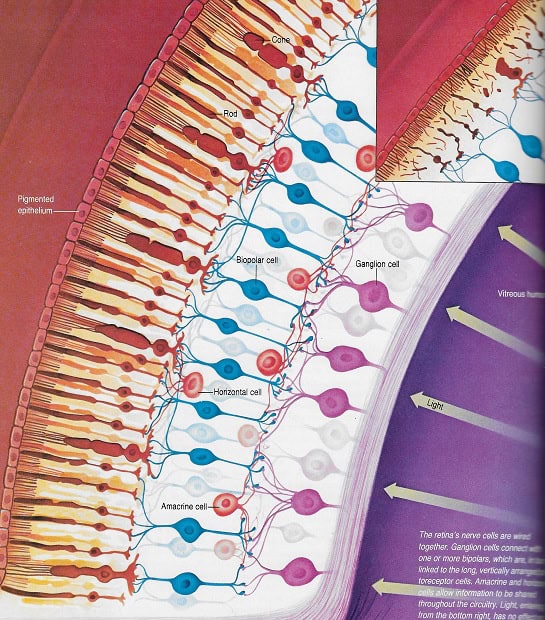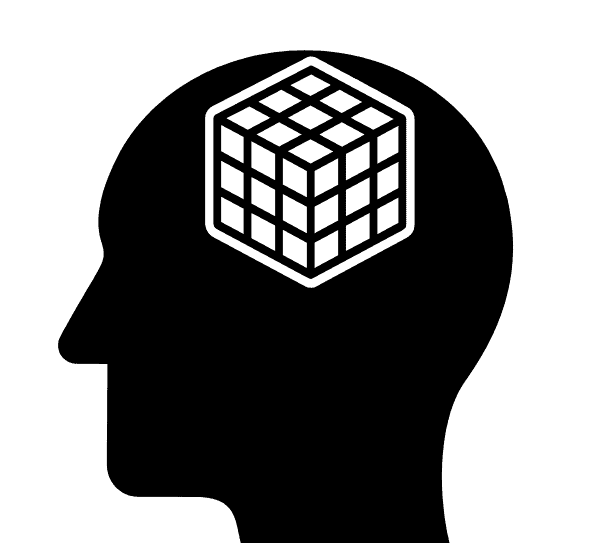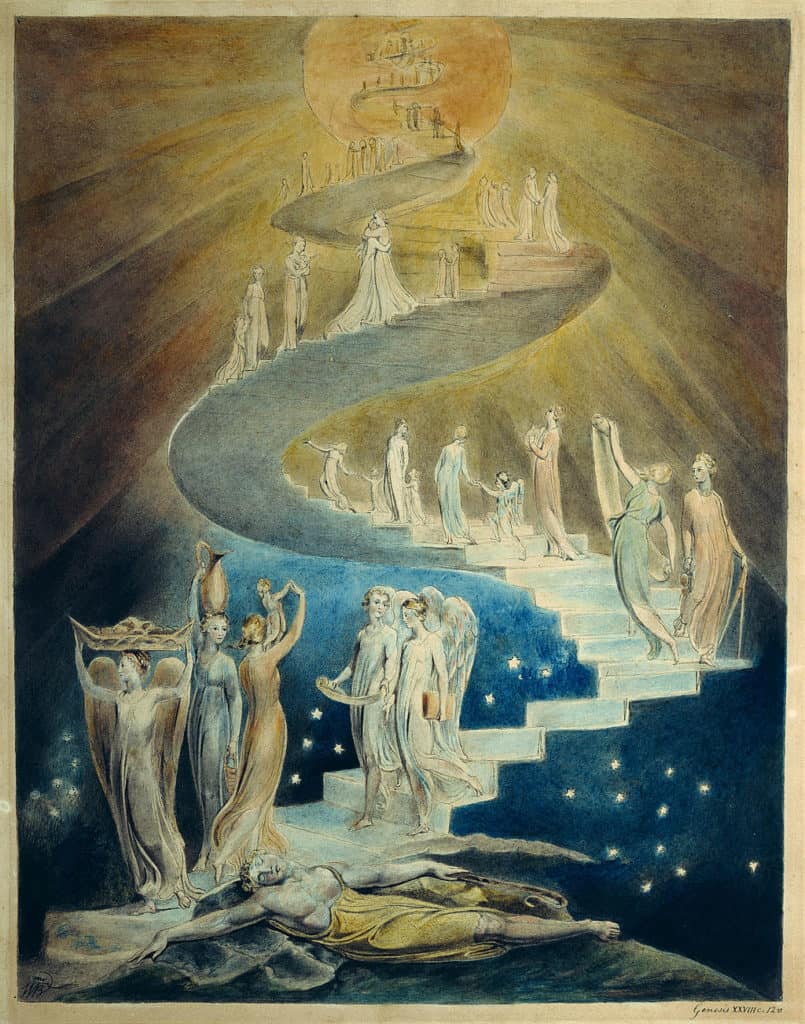Beyond Logic: Harnessing the Power of Intuition
Intuition serves as a vital bridge between incomplete information and the need for decisive action. It connects seemingly disparate facts and relationships by identifying close similarities and patterns, even when they do not align perfectly. Stock market experts often rely on intuition; for example, “This company’s chart reminds me of Apple’s during the iPod launch. I have to buy it.” This intuitive insight can guide decision-making in the absence of complete data.
When confronted with fewer facts than necessary to construct a solid logical argument, intuition steps in to fill the gaps. It generates plausible facts or relationships that, while not entirely certain, provide a basis for action. Under time pressure, we often rely on these intuitive connections, applying logic to these near-matches and potential relationships to make informed choices.

This substitution of intuitive-based premises for established facts is typically unconscious. For instance, when we recognize a friend who has altered their appearance with a new mustache or hairstyle, our intuition identifies enough similarities to confirm their identity, despite the changes. This process is akin to how a machine might appear to perform human work—the way a concrete saw’s arm mimics a person wielding a tool, providing a familiar reference point that guides our understanding.
Of course, intuitive guesses are not infallible. Purchasing that stock based on a hunch may not always yield positive results. However, waiting indefinitely for an irrefutable set of facts and relationships might cause us to miss valuable opportunities.
Given the inherent uncertainty of our world, we face a choice: seize the day and accept the occasional mistake or forgo potential gains while waiting for certainty. The best approach is to gather as much reliable information as possible and then use reason to logically deduce the most likely outcome. This blend of intuition and reasoning allows us to navigate uncertainty with greater confidence and efficacy.
Additional Information
Almost Matches in Thinking



Here’s to moving beyond logic in 2025!